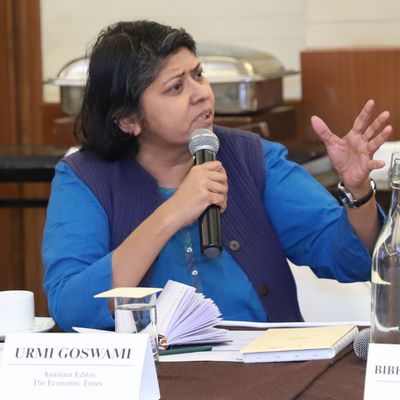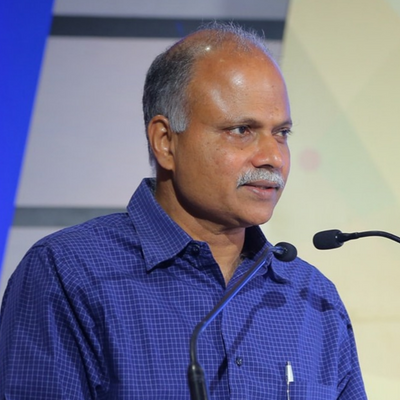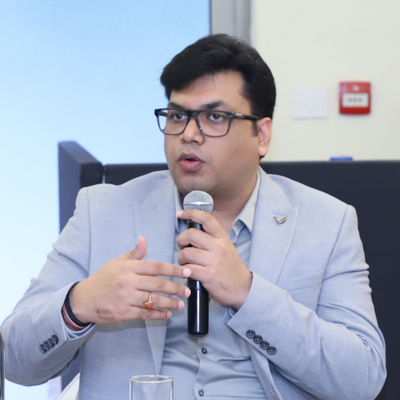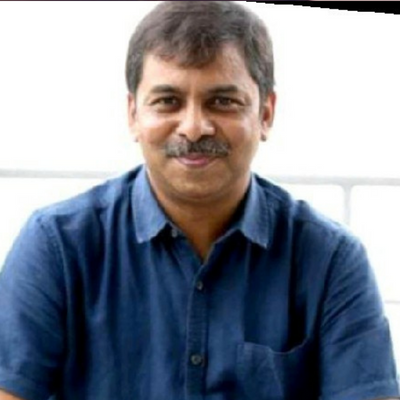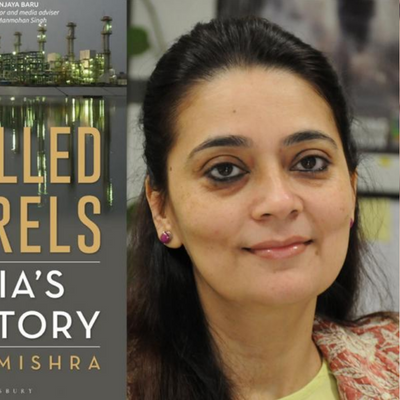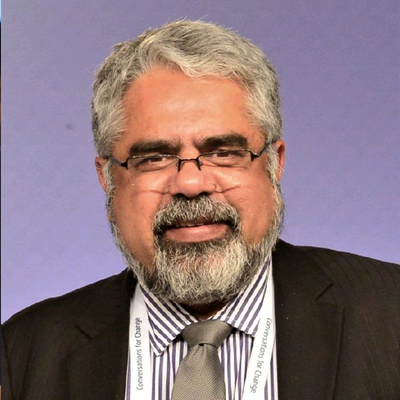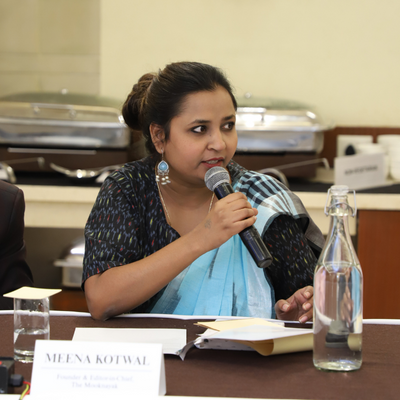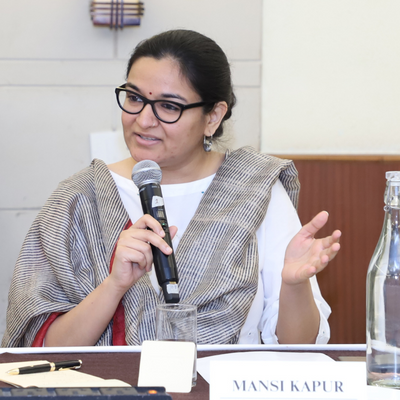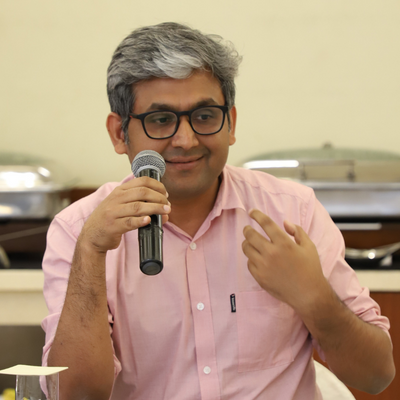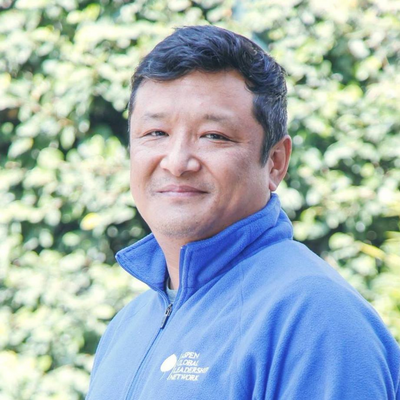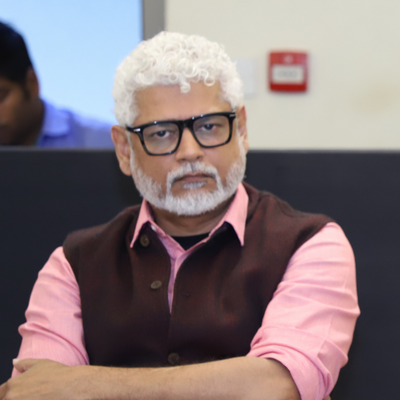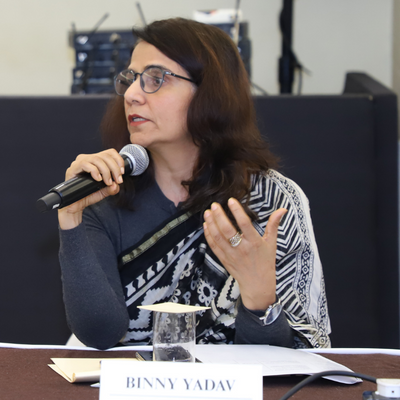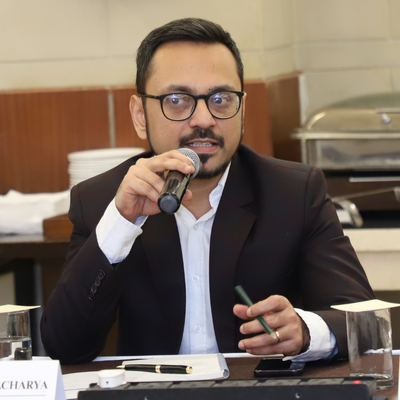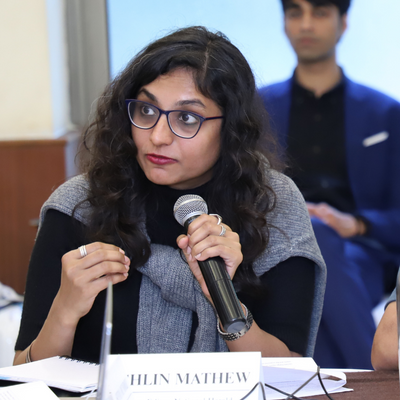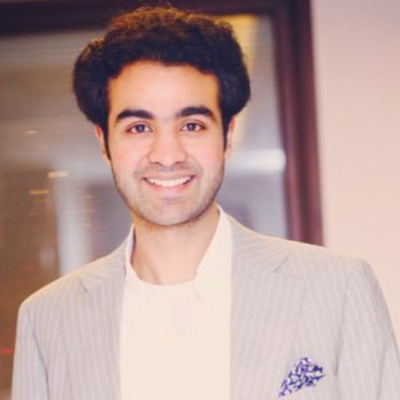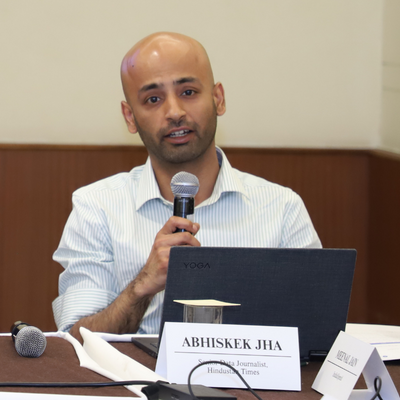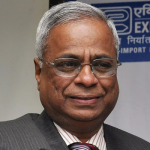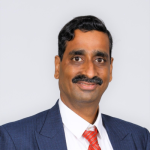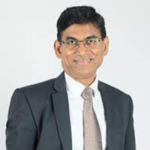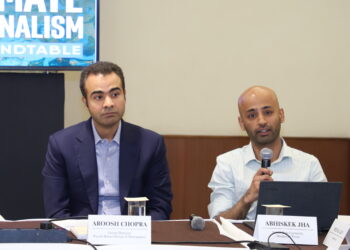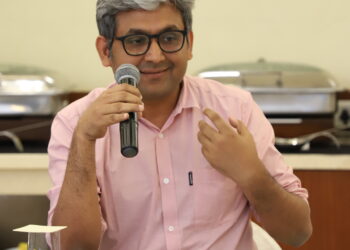The Climate Data Journalism Initiative: Editors Roundtable
In partnership with the Azim Premji University, IndiaSpend curated an Editors Roundtable.
The primary objective of this roundtable was to foster collaboration and dialogue among key media stakeholders to strategically elevate the coverage of climate change issues. By bringing influential decision-makers into a shared space, we aim to collectively shape the narrative and commitment to making climate change a central focus.
The goal was to address the following-
– Relevance of a dedicated desk in the newsroom.
– Considering the feasibility and practicality of the same.
– Challenges involved in running a climate change desk and what stops us from sustained stories and narratives on climate change.
– Resources necessary to sustain the desk long-term. What additional resources are needed? How can we procure them, and what forms of collaboration and partnership are necessary?
Speakers
Urmi Goswami
Assistant Editor, The Economic Times
TK Arun
Senior Journalist & Columnist, former Editor, The Economic Times
Sushant S Mohan
CEO, DMCL
Sudhir Misra
Resident Editor Delhi, Navbharat Times
Richa Mishra
Bureau Chief, The Hindu Business Line
Rajit Sengupta
Centre for Science and Environment
Raghavan Srinivasan
Senior Journalist
Meena Kotwal
Founder & Editor-in-Chief, The Mooknayak
Mansi Kapur
Asia Planning Editor, BBC News
Kundan Pandey
Journalist
Karma Paljor
Co-founder: Atvi Infotainment
Dinesh Narayanan
Managing Editor, The Core & The Signal
Binny Yadav
Editor, Asian News Makers (SAIN Network)
Bibek Bhattacharya
National Editor, Mint
Ashlin Mathew
News Editor, National Herald
Aroosh Chopra
Group Director, Punjab Kesari Group of Newspapers
Abhiskek Jha
Senior Data Journalist, Hindustan Times
Agenda
Introduction and welcome note
Introduction to Azim Premji University and the Centre for Climate Change & Sustainability.
Objective setting and defining outcomes
A brief outline of the Climate Data Journalism initiative and objectives of this discussion.
Session 1: Leveraging existing resources within newsrooms and current structures.
<li>How do we step up on climate reporting and leverage the existing capabilities within newsrooms given the intersectionality of climate reporting with other beats such as energy, gender, health, technology.</li> <li>Deliberate on how to make climate change reporting more ubiquitous and seamless across beats. </li>
Session 2: Challenges involved in running a climate change desk and what stops us from sustained stories and narratives on climate change.
<li>Identification and discussion of common obstacles faced by media organisations. </li> <li>Strategies for overcoming challenges to resource allocation, staffing and audience management.</li> <li>Insights from speakers on navigating editorial and financial constraints. </li>
Session 3: Access to resources required to maintain the desk on an ongoing basis.What do we need more of? How do we get access to those resources and what kinds of collaborations and partnerships do we need?
<li>Exploration of avenues for securing funding, partnerships and technical support. </li> <li>Showcase innovative approaches to resource mobilization and sustainability. </li> <li>Discussion on collaborative models for sharing resources and expertise among media entities. </li>
Closing remarks and next steps
<li>Summary of key insights from the discussion. </li> <li>Call to action for continued collaboration and engagement within the media fraternity. </li>




